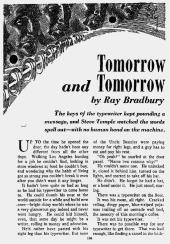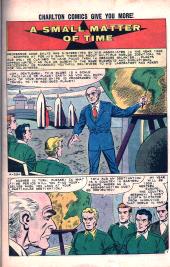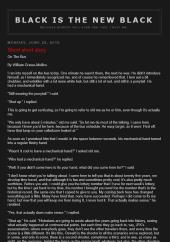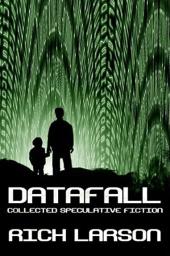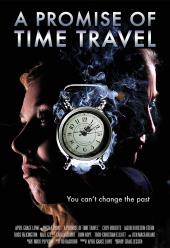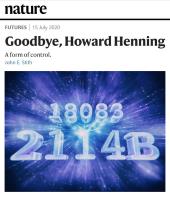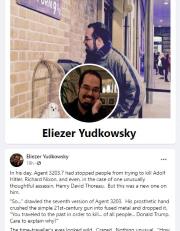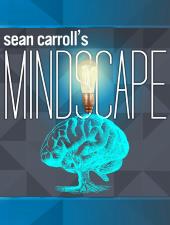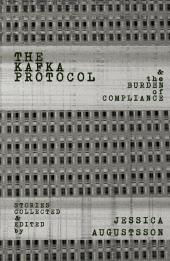Alas, Sean Carroll doesn’t pull any punches in his realistic assessment of the kinds of time travel that are or may be possible under the laws of physics as we know them in our universe. Or, as Professor Carroll himself puts it: “
. . . podcasting isn’t for the squeamish.” In my layman’s understand of his most excellent explication, time travel aficionados have two physical phenomena on which to hang their
Hat Things:
- Time Dilation: Under the laws of Einstein’s special relativity, a fast traveler who leaves the Earth, zooming around for a while at near light speed before returning, will experience less passage of time than those who stay in the more-or-less fixed reference frame of Earth. How cool is that? Yes, you can travel as far into the future as you like, so long as you have a means of zooming up to a high enough speed and returning. (And according to general relativity, time dilation also occurs inside a high gravitational field, although I didn’t notice a discussion of this sort of time dilation in the podcast.)
- Closed Timelike Curves: The second hope for time travelers are certain distributions of matter that (according to Einstein’s equations of general relativity) result in directed paths through spacetime in which a traveler along the path is always moving forward through time—and yet completing a full circuit of the path returns the traveler to the starting point in both space and time. That’s the good news. The bad news is that such paths, called closed timelike curves, might only be possible in the presense of infinitely long rotating cylinders or other physical conditions that may be impossible to engineer.
Up in the ITTDB Citadel, many of us found ourselves in a disquieted state at this point in Professor Carroll’s podcast (roughly the two-hour mark). Some went to bed early in a kind of daze; others decided it was time for a long walk through the lonely ice paths that surround the Citdel. But for those with the fortitude to keep their ears glued to the pod, there was a great reward. Carroll had already waded through the swift, waist-high currents of causality, predeterminism, free will, the A Theory of Time, the B Theory of time, and more. But now he was ready to dive into deep, uncharted waters. Yes, now he was ready to leave known physics behind, to talk about branching time that went beyond the Everettian Many Worlds of Schrödinger’s equation, and to consider what kind of a world would be needed to allow stories such as
Back to the Future and
Looper to consistently hold together. With this in mind, he devices a four-pronged theory that concludes with what he calls
Narrative Time. For me, narrative time shares some features with the time model of
Asimov’s
The End of Eternity (a model that we call
Hypertime in our
story-tagging system), but it goes far beyond that.
Suffice it to say that when all the Librarians up in the Citadel woke from their sleeps and returned from their treks, we had a celebration that was strident enough to raise
Lazurus Long himself from the dead (if he is dead, that is).
—Michael Main Sorry. Not Harry. Name is Ellen Abbot. Female. 26 years old. Year 2442. Five feet ten inches tall. Blonde hair, blue eyes—semantician and dimensional research expert. Sorry. Not Harry.

